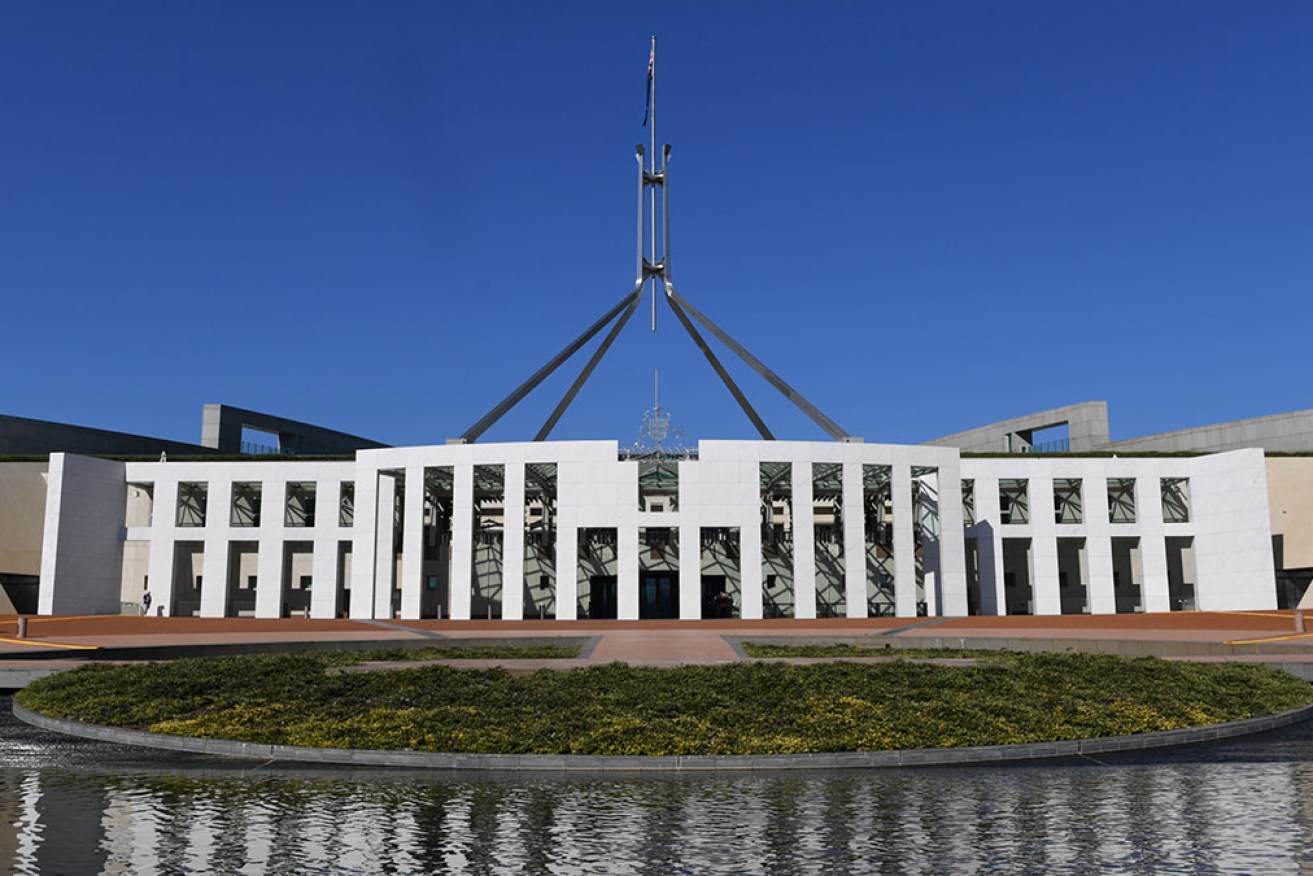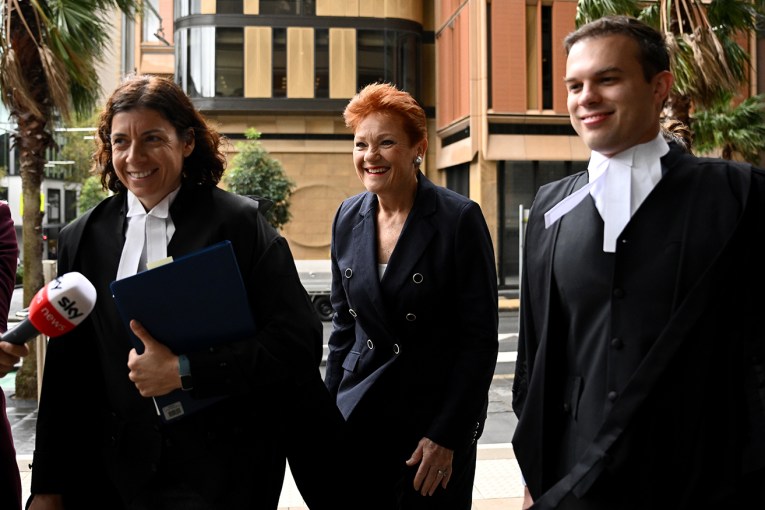Major lobbying firm backs parliament code of conduct

An inquiry will scrutinise access of lobbyists to Parliament House and politicians in Canberra. Photo: AAP
One of Australia’s biggest lobbying firms is backing a proposal to enshrine a code of conduct for the industry into law as a bid to boost transparency.
A parliamentary inquiry examining the levels of lobbyist access to Parliament House heard calls for enforceable standards, with harsher penalties for those who break them.
Managing director of lobbying firm Hawker Britton, Simon Banks, said a code of conduct legislated by parliament was needed to ensure standards were kept.
“There needs to be cooperation between the various parts of government, but I think the simplest way of doing it is to put it in legislation, create a common legislative framework all parts of government can connect into,” he told the inquiry on Monday.
“The regulation of lobbying should be done on a legislative basis to ensure fair and equal treatment, enforceable penalties and administrative and judicial review where required.”
Enshrining the code would bring the Commonwealth up to date with Canada, the UK and most of the nation’s states.
While the Attorney-General’s Department administers a code of conduct for lobbyists, it does not extend to lobbyists who have access to Parliament House.
There are almost 1800 lobbyists that have been issued security passes for Parliament House after being sponsored by an MP, who are then allowed to roam the corridors unaccompanied.
Mr Banks said the code should be extended to those with Parliament House security passes.
“In relation to anyone who’s engaged in lobbying inside (Parliament House), they should be covered by the code of conduct and some form of transparency in what they do,” he said.
The inquiry also heard calls to increase transparency about the details of lobbyists with access to Parliament House.
While Hawker Britton supported calls for the names of lobbyists to be made publicly available, Banks said there would still be some exceptions.
He said some details may need to be kept private should they be politicised or used for trolling.
“Otherwise, I think the general rule that should apply is that the system should be as transparent as possible.”
Vivien Clark from the Australia Institute told the inquiry that access to Parliament House should not be limited, to better ensure accessibility to politicians.
“The most powerful commercial interests don’t need access to Parliament House, to access ministers and parliamentarians,” she said.
“It’s civil society, academics, trade unions, community groups and other members of the public who depend on access to Parliament House in order to access decision makers.”
The inquiry will later hear from the Attorney-General’s Department, along with the Department of Parliamentary Services.
– AAP








